by Büşra Eylem AKTAŞ, Assistant Professor at Istanbul Medipol University
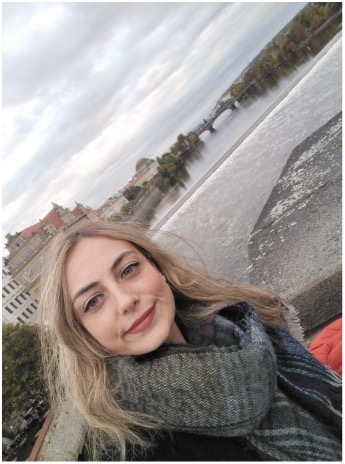
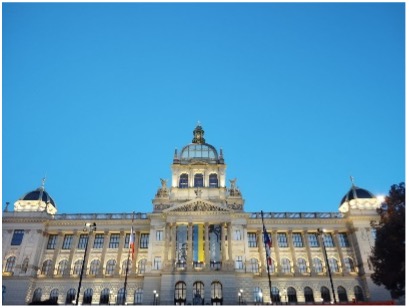
The time I spent in Prague as part of the MOCCA project was not only an academic opportunity but also allowed for a deeper development of our research. I arrived in Prague on October 4th. Initially, I stayed in a small, warm, and cozy guesthouse near the airport. However, the next day, I moved to the city center to find a more suitable living space. Upon my arrival, I noticed that most people in Prague spoke English quite comfortably, which was a relief. The city quickly captivated me with its excellent food and shopping options.
When I stepped onto the campus of Charles University, I was greeted by a modern building. The library in the campus’s Social Sciences Institute had excellent resources compared to other university libraries. However, the most significant benefit was the academic community I encountered. Conversations with students and faculty contributed greatly to the development of our research. In particular, Anna, an academic researcher involved in the project, was incredibly helpful during my time there. Her friendly and warm approach made me feel confident that she was always ready to assist.
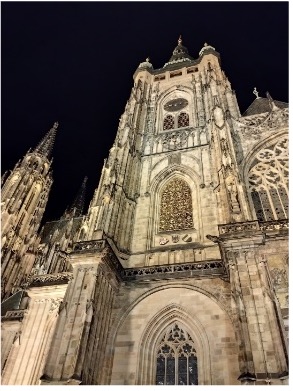
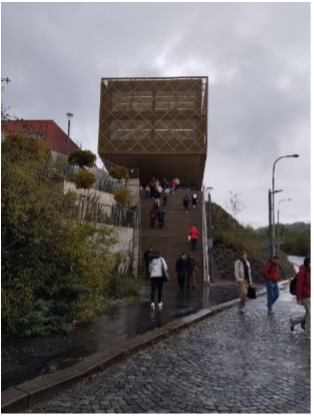
This secondment process in Prague was productive not only in terms of academic growth but also for my professional development. The workshop presentations played a significant role in advancing the project’s ideas. After the presentations, we had the opportunity to exchange ideas with other researchers about different projects. Additionally, the academic connections I made on campus were invaluable in establishing potential collaborations. These connections offer significant opportunities, not only for the current project but also for long-term progress in my research field.
In this project, our main objective is to experimentally test the changes in individuals’ likelihood of engaging in corruption when descriptive norms change. The first study examines the potential differences in individuals’ likelihood of engaging in corruption in different work environments when the leader’s approach to corruption and the descriptive and injunctive norms in the environment are manipulated. The second study tests the question of how changes in descriptive norms (such as more or fewer people engaging in corruption or no one engaging in corruption) will affect an individual’s likelihood of attempting to win in a game by offering a bribe (and making a profit by accepting the bribe). This will allow us to observe the role of norms in normalizing corruption in the eyes of others, as well as to observe how likely individuals are to become prone to corruption in a hypothetical environment.
Following the workshop, Taylan and Burak were assigned the task of gathering pilot data for the Lund University study, and the research process will expand further. My contributions to the MOCCA project and the progress I made seem to be accelerating thanks to the connections I established with people I met during this experience. This has been an important milestone in my academic career, and the relationships I built in Prague will only strengthen it further.
The time spent with Burak and Taylan also allowed me to explore the cultural richness of Prague. We visited historical landmarks like the Charles Bridge, the National Museum,
Astronomical Clock, and the Cathedral. These experiences helped me better understand the city and made my time there more productive. While exploring, we gained new perspectives and developed ideas that would deepen our work on the project.
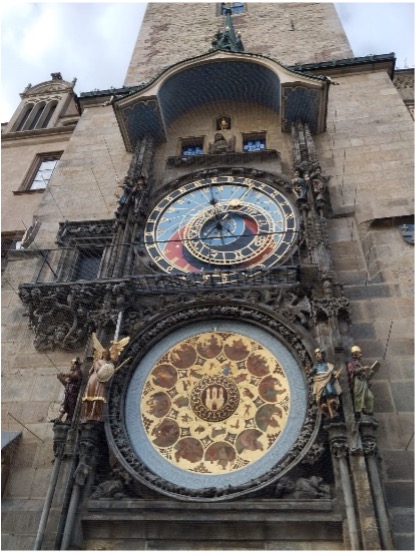
Another notable observation I had about Prague was how delicious the local cuisine was. This was especially surprising to me!
Vegan food is quite delicious, affordable, and accessible! Prague offered a wonderful experience in this regard. I’m not vegan, but I often choose to consume vegan products.
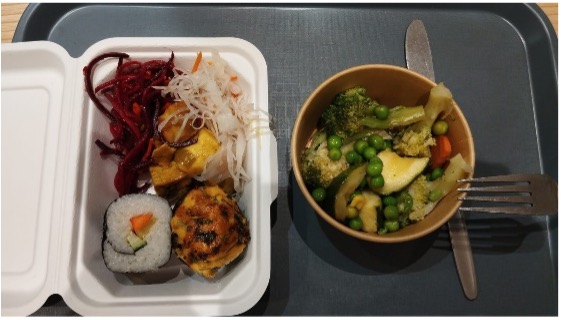
Also, in my opinion, Prague’s most delicious dessert is vetrnik! Be sure not to leave without trying vetrnik at Cafe Slavia – it’s an experience you shouldn’t miss!

